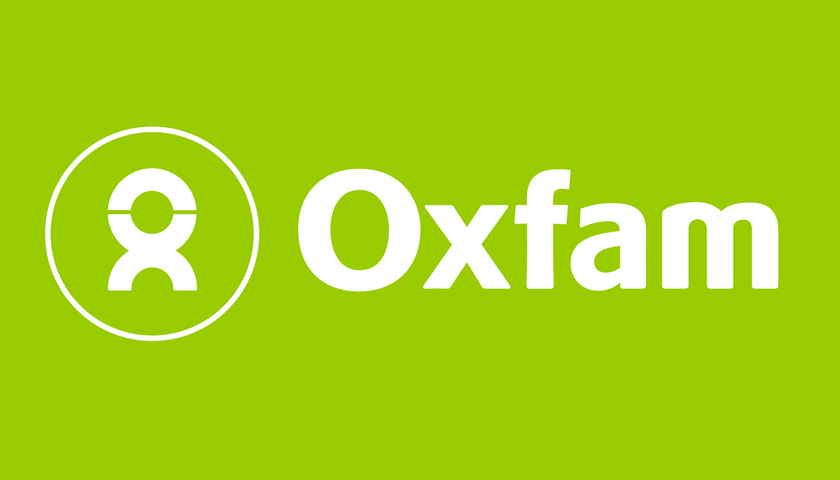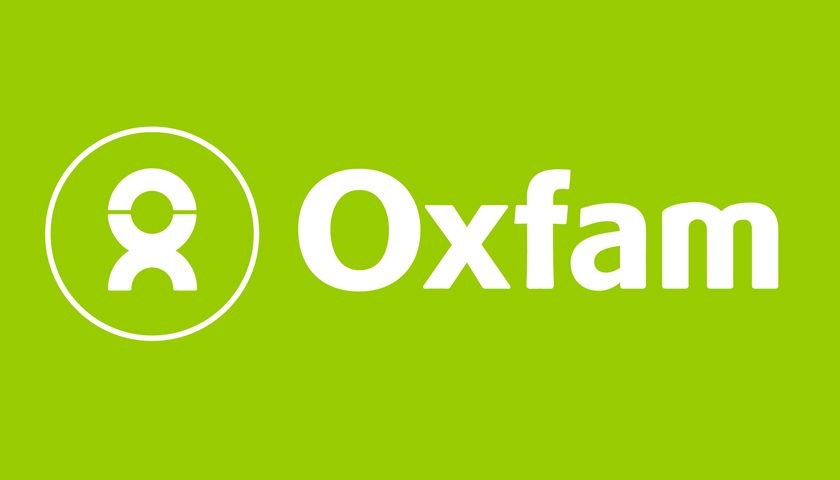A new Oxfam analysis out recently shows U.S. corporations in the S&P 500 spent three times more on stock buybacks and dividends in 2024— $1.572 trillion—than the estimated total income of the poorest 27 million U.S. households combined ($498 billion). Such payouts disproportionately enrich the wealthiest 1%, who own half of all stocks and mutual fund shares while the bottom 50% own just 1%. The CEOs of the five largest companies made an average of $52 million annually over the past five years—over 1,000 times more than the typical worker earned in 2024. Oxfam’s analysis comes as many of these same mega-corporations are enjoying a massive giveaway from the “One Big Beautiful Bill Act” (OBBBA), passed in July, which handed them nearly $1 trillion in new tax breaks.
“For years, the country’s largest corporations have been shoveling trillions into the pockets of already-wealthy shareholders, driving inequality between the very richest and the rest of us,” said Rebecca Riddell, Senior Policy Lead for Economic Justice at Oxfam America. “Now, it seems these trends are about to be turbocharged, with President Trump and Congress having just handed these same companies massive, unnecessary tax breaks, while taking away food benefits and healthcare from millions of ordinary people.”
Over the past five years, the five largest US companies spent over $1 trillion in stock buybacks and dividends, more than five times what they paid in federal taxes. Had they paid taxes according to the rates in place prior to the cuts in the 2017 Tax Cuts and Jobs Act (TCJA) — which was unchanged by the OBBBA — those five corporations alone would have paid an additional $168 billion in taxes over the last five years, enough to cover the entire federal public housing budget during this period four times over.
The OBBBA was the latest step in a decades-long effort to tilt the tax code in favor of mega-corporations. In 2017, President Trump signed the TCJA into law, which, alongside other tax cuts for the ultra-wealthy, lowered the corporate tax rate from 35% to 21% and provided a number of corporate tax breaks, depriving the U.S. of hundreds of billions in revenue. Although loopholes and deductions meant that many companies already paid an effective tax rate well below 35% pre-2017, the TCJA cut the average effective tax rates of large, profitable corporations nearly in half, from 22% to 12.8%. Rather than invest the significant tax savings from the TCJA in higher wages, corporations spent a large portion of them on shareholder payouts in the form of stock buybacks and dividends.
While the OBBBA increased taxes on the lowest-income households and cut Medicaid and food assistance, it both retained the historically low 21% corporate tax rate and extended a suite of expiring corporate tax breaks at a cost of $920 billion over the next decade.

